It is not only the living who are killed in war
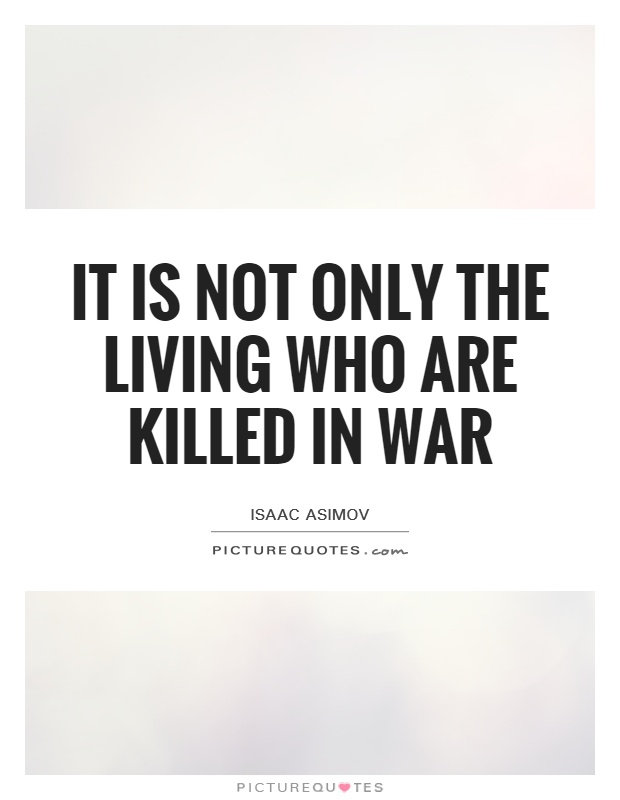
It is not only the living who are killed in war
Isaac Asimov, a prolific science fiction writer known for his imaginative and thought-provoking stories, often explored the consequences of war in his works. One of the recurring themes in Asimov's writing is the idea that war not only claims the lives of the living, but also destroys the very essence of humanity itself.In Asimov's stories, the toll of war is not limited to the physical casualties on the battlefield. He delves into the psychological and emotional impact of war on individuals and societies, showing how it can strip away the values and principles that make us human. Asimov's characters often grapple with the moral dilemmas and ethical quandaries that arise in times of conflict, questioning the justification for violence and the cost of war on the human soul.
One of Asimov's most famous works, "The Foundation Trilogy," explores the rise and fall of civilizations in a galaxy-spanning empire. In this epic tale, war is depicted as a destructive force that not only decimates populations and destroys cities, but also erodes the very fabric of society. Asimov shows how the pursuit of power and control can corrupt even the noblest of intentions, leading to a cycle of violence and destruction that threatens to consume all in its path.





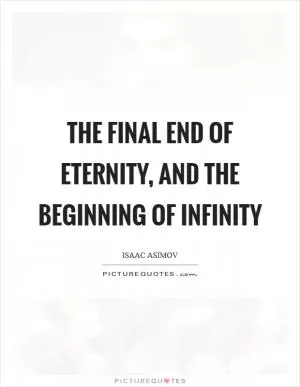
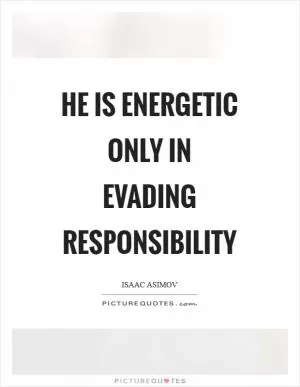
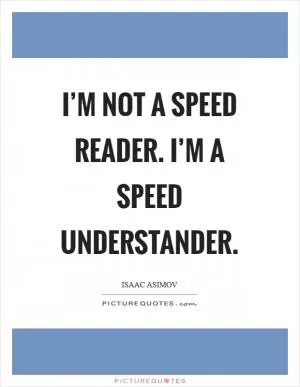
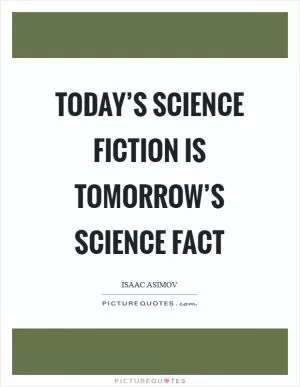
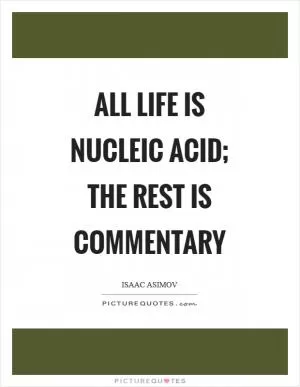
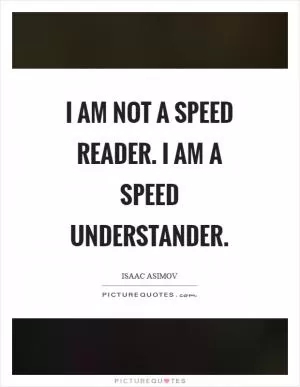

 Friendship Quotes
Friendship Quotes Love Quotes
Love Quotes Life Quotes
Life Quotes Funny Quotes
Funny Quotes Motivational Quotes
Motivational Quotes Inspirational Quotes
Inspirational Quotes